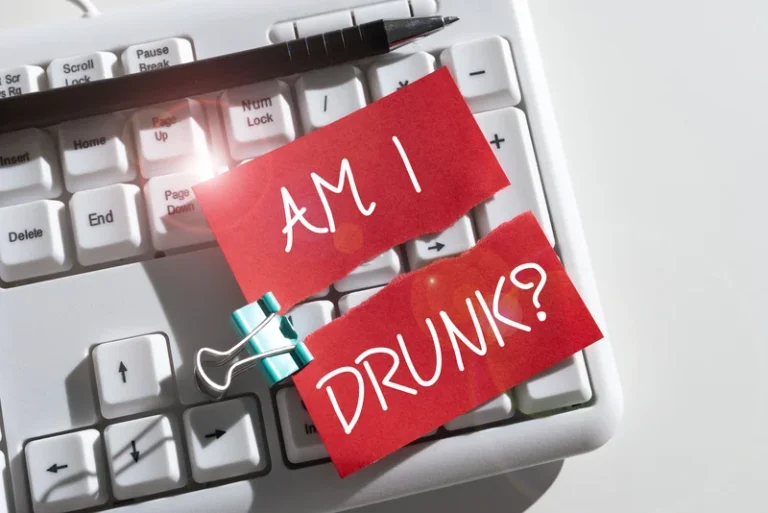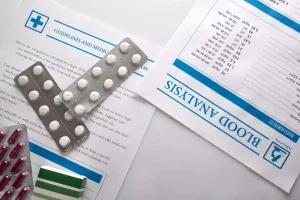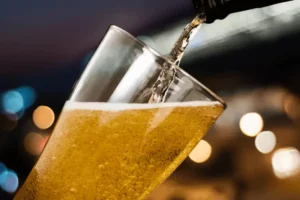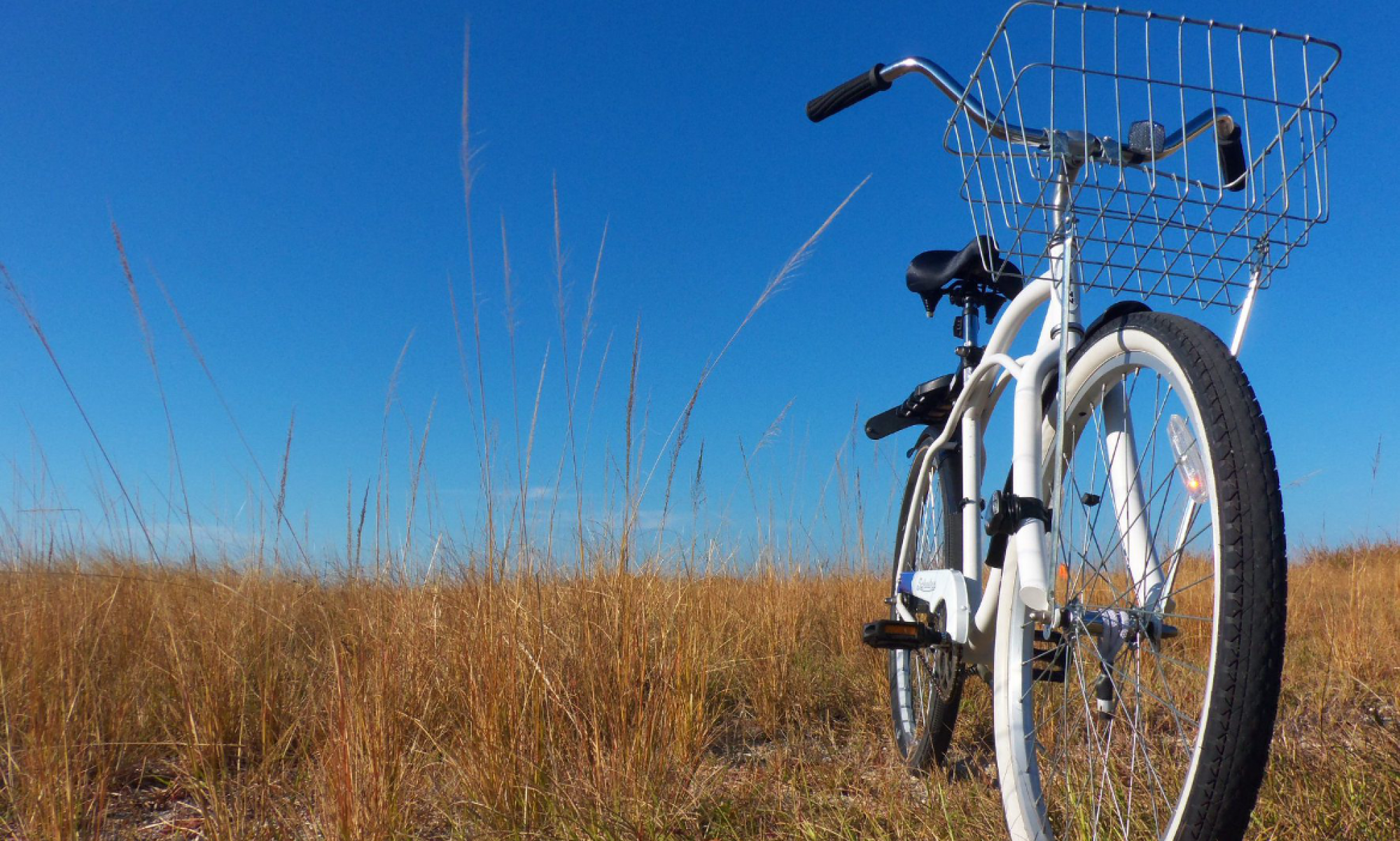
Completing a medically supervised detoxification protocol within a licensed detox facility is the safest and most effective way. When you call our team, you will speak to a Recovery Advocate who will answer any questions and perform a pre-assessment to determine your eligibility for treatment. If eligible, we will create a treatment plan tailored to your specific needs. If The Recovery Village is not the right fit for you or your loved one, we will help refer you to a facility that is. Regular after-work drinking, often seen as a way to unwind, holds significant psychological implications for individuals.
Why Employees Quit (and 7 Steps to Retain Them)
A treatment center will attempt to verify your health insurance benefits and/or necessary authorizations on your behalf. Please note, this is only a quote of benefits and/or authorization. We cannot guarantee payment or verification eligibility as conveyed by your health insurance provider will be accurate and complete. Payment of benefits are subject to all terms, conditions, limitations, and exclusions of the member’s contract at time of service. If an employee is caught drinking at work, ensure safety, discuss the issue privately, and refer them to the EAP program.
Decrease the risk of heart disease
- Having a main meal at lunchtime and then a sandwich before you head to the pub is a good idea.
- Each day, it sounds like you’re feeling like a shaken can of soda that’s about to blow and looking for ways to chill out that don’t involve headaches, weight gain and fatigue.
- It could take some time and effort to find a strategy that helps you navigate them effectively, but you do have plenty of options for support.
Even worse, those same employees may feel pressured to attend such an event out of fear of repercussions, being ostracized from further events, or being viewed differently by peers. Activities such as escape rooms or themed dinners will be much more inviting and accessible to https://ecosoberhouse.com/ all employees. Additionally, grabbing a drink after work can open the door to situations that companies and employees want to steer clear of. The study found that 14% of respondents stated they’ve acted inappropriately while having drinks after work on at least one occasion.
- Payday drinks and end of the week tipples are especially popular.
- It has also become a substitute for networking and brainstorming; a third of American workers think drinks after work is good for team bonding.
- Stressors from your life outside of work may drive you to drink or get high, too.
- “I would suggest cutting back on several things rather than completely eliminating to avoid feeling deprived, which can lead to rebound eating/drinking and weight regain,” she said.
- Substance misuse and substance use disorders (SUDs) are significant public and occupational health issues, imposing huge costs on society.
What’s Risky Drinking?

But the study revealed the average after-work booze session lasts almost two hours, adding substantially to an already-long day on the job. It has also become a substitute for networking and brainstorming; a third of American workers think drinks after work is good for team drinking after work bonding. The risk of overconsumption in a workplace (or work-related) setting can have serious repercussions for both the individual and their company. The average post-work booze session lasts almost two hours, adding substantially to an already long day on the job.
This underscores the importance of addressing alcohol consumption from both individual and public health policy perspectives to mitigate the risk of liver disease. Having a beer or a glass of wine after work can be a relaxing way to unwind, depending on your personal preferences and tolerance for alcohol. Just remember to drink responsibly and in moderation to avoid any negative effects on your health or well-being.

For anyone concerned about heart health, Dasgupta recommended decreasing alcohol intake and increasing physical activity, which also raises good cholesterol. “[The bottom line] is, protect the heart with [a] low amount of alcohol, but increase the risk of cardiovascular disease with high amount of alcohol,” Dasgupta said. Risky drinking can also increase your risk of stroke, damage your heart muscle (cardiomyopathy), and increase your blood pressure. The Substance Abuse and Mental Health Services Administration (SAMHSA) considers drinking five or more “standard” drinks on the same occasion on at least 1 day in the past 30 days as binge drinking.
Can cutting out alcohol bring about health benefits?

